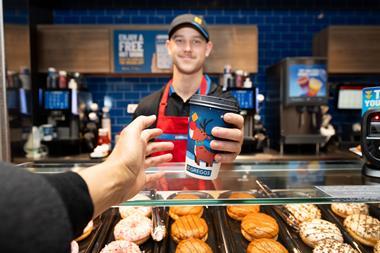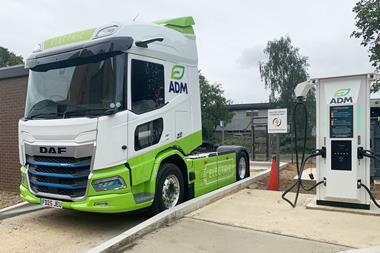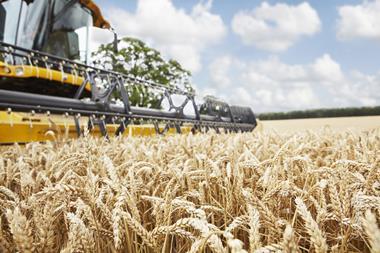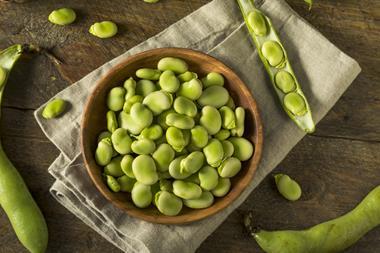CO2 users have been warned to look at their procurement practices to help prevent a supply crisis similar to the one that hit the baking industry last summer.
The UK CO2 supply chain is structurally fragile, according to the study Falling flat: lessons from the 2018 UK CO2 shortage, which was produced by advisory firm Global Counsel and commissioned by the Food and Drink Federation.
Growing demand for bakery products that use CO2 modified atmosphere packaging is among the factors contributing to 2-3% annual growth in CO2 demand, claimed the report.
Last year’s supply shortage prompted bakery businesses to make temporary changes to products and production operations, including Warburtons suspending operations at two of four crumpet factories in the UK, and Allied Bakeries and Hovis reducing the shelf life of some lines.
The Global Counsel report stated some bakery businesses had considered altering recipes to allow them to reduce their CO2 usage.
“However, amending ingredients without matching changes to ‘back of pack’ ingredient descriptions would have required regulatory approval from the Food Standards Agency (FSA),” said the report.
“Although some companies spoke to the FSA about doing so, this was abandoned as an option due to the time required for consultation with the FSA.”
%%Quote_57%%
CO2 is sourced mainly as a by-product from production of ammonia and bioethanol. CO2 supply is strong when there is demand for ammonia and bioethanol, but the price of CO2 is too low to encourage production of ammonia or bioethanol.
“Before last summer’s shortage few people realised how critical secure CO2 supply is for the UK economy, particularly for the food and drink sector,” explained Matthew Duhan, energy practice lead at Global Counsel. “Although mostly unaware, almost every single person is a CO2 consumer – not just those who enjoy a crumpet for breakfast or a pint in the pub.
“The summer of 2018 saw a combination of unusually high demand and outages at key production facilities that left companies scrambling to locate and secure supplies. But as our report shows, this was not simply ‘a perfect storm’ of unfortunate events, but the product of structural weaknesses in the UK CO2 supply chain that need to be addressed if shortages are to be avoided in the future.”
Business that use CO2 should review their procurement practices to maximise the resilience of their CO2 supply, advised the study, which also suggested trade associations should lead efforts to produce guidance outlining steps that could be taken to improve resilience on a company-by-company basis.
The full report Falling flat: lessons from the 2018 UK CO2 shortage is available here.
































No comments yet